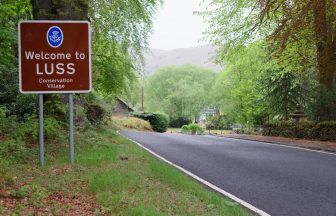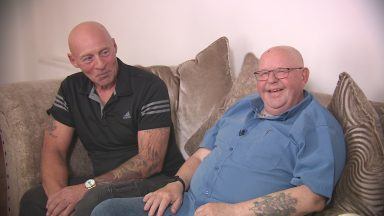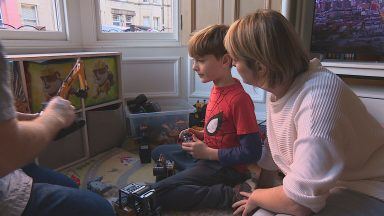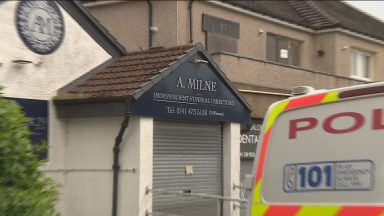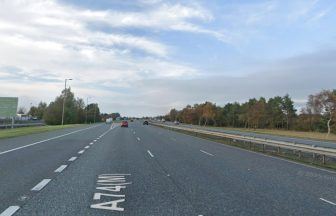Controversial plans for new social care charges in East Renfrewshire that could “reduce opportunities” for disabled people have been given the go-ahead.
Means-tested £20 per hour fees for non-residential care can be introduced from July after receiving the backing of East Renfrewshire Council’s cabinet.
Council leader Owen O’Donnell, Labour, said they were required due to “significant financial challenges” and were being implemented with a “really heavy heart”.
It is estimated the plan could affect around 500 residents. There has been widespread opposition from parents and carers, with more than 1,000 people signing a petition calling for the proposal to be dropped.
Charges will relate to non-residential care like “social supports”, which include “help to access our communities, support with shopping, day opportunities as well as building and community-based services”, an official previously said. Personal care is not included.
Angry parents and carers have raised concerns about the impact on elderly and disabled people. An equalities assessment found the charges could put more demand on unpaid carers and “reduce opportunities” for disabled people to take part in their communities.
The IJB — a partnership between the council and NHS, which runs health and social care services — recommended the new charges, as it faced a reported budget gap of around £7m for 2025/26.
A decision on whether to roll them out was delayed in December to see whether the planned Scottish Government’s budget provided any extra support.
Lesley Bairden, chief financial officer of the HSCP [health and social care partnership], said: “I think the most important thing I can stress is that any charge, whether it’s this new charge or our existing charges, is linked to the ability to pay.”
Financial assessments will be carried out, and a taper level has been set to “determine the percentage of the disposable income the person should keep and the percentage that should go towards paying for their care”.
Officials had recommended a 60% taper to raise around £1.5m over a full year. Councillors decided to go with 40%, which is estimated to bring in just under £1m.
Disposable income is “the amount that’s left over after all costs of living, including any specific disability or condition related expenditure has been allowed for”, Ms Bairden said.
She added it had not been “an easy decision” to recommend the charges, but the IJB had felt it “necessary in terms of the financial challenge the HSCP as well as our partners are facing”.
“Ultimately, if we don’t introduce this charge, we’ll still need to consider savings that will still impact on the services that we have to deliver.”
It has been predicted that around a quarter of the almost 2000 people who receive non-residential care will need to pay, but financial assessments have yet to be completed. The cabinet also decided to change the implementation date from April to July 1.
East Renfrewshire is the last of six HSCPs in the Greater Glasgow and Clyde area to introduce charging for non-residential care. Only Inverclyde, at 25%, will have a lower taper.
Cllr O’Donnell said: “This is clearly an extremely difficult decision for the IJB to consider recommending. Not one that anyone wanted to have to consider and propose for implementation.
“This is a decision that the IJB has managed to defer successfully for a number of years, but finances are now finally catching up with us. It is clear that the IJB has significant financial challenges to sustainably balance its budget and has run out of alternative choices.”
He added: “It is also clear that the Scottish Government does not have plans to abolish these charges and fully fund the costs in this year’s budget, as they had committed in their manifesto for government.”
An upper limit on the weekly payable charge will be set to recognise “that the more complex a person’s needs are then generally the higher the cost of care”.
Those affected will be supported by the council’s money, advice and rights team to ensure “everyone’s benefits are maximised where possible”.
While the planning and oversight of health and social care services is the responsibility of the IJB, the council retains the authority to set charges for social care services.
Follow STV News on WhatsApp
Scan the QR code on your mobile device for all the latest news from around the country


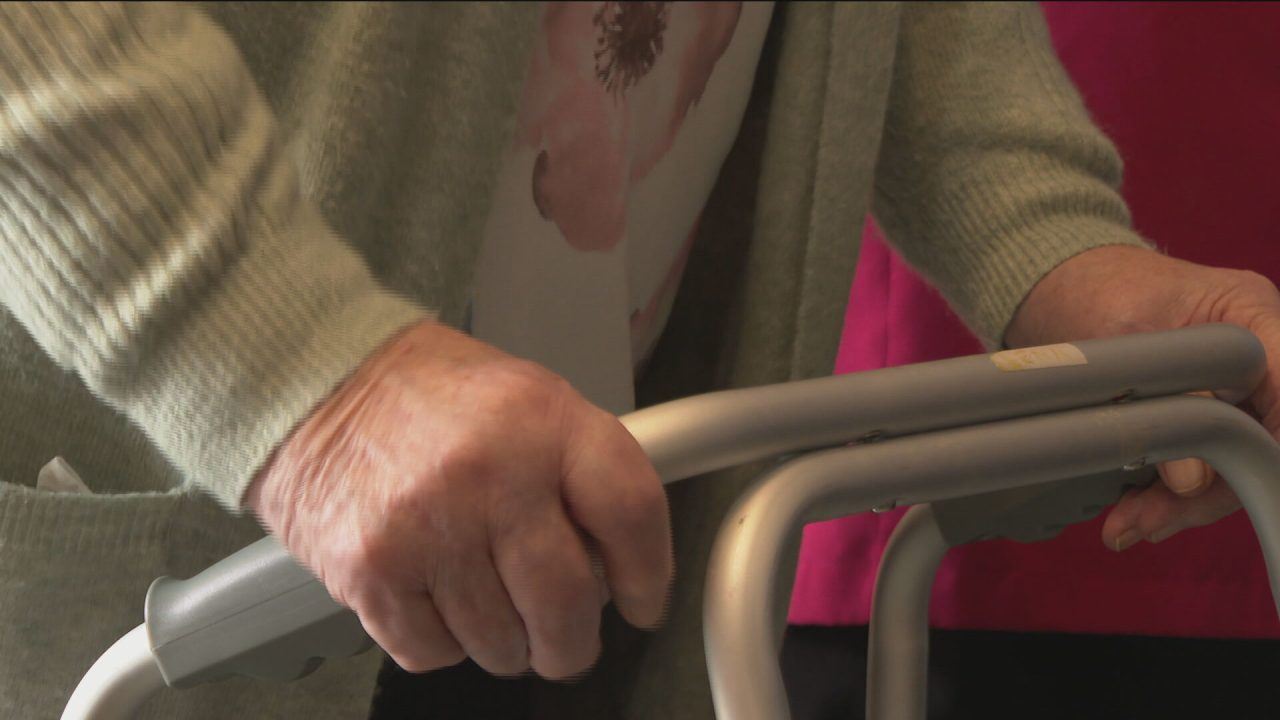 STV News
STV News



